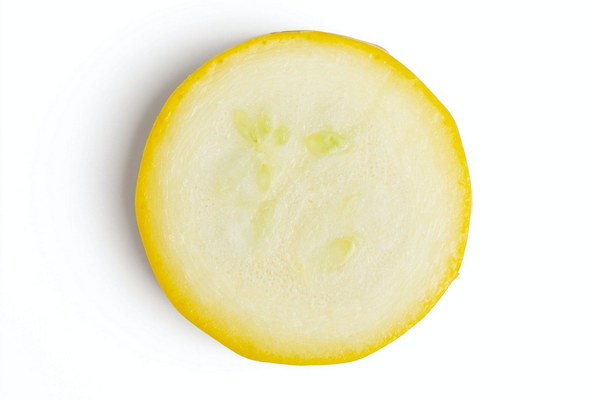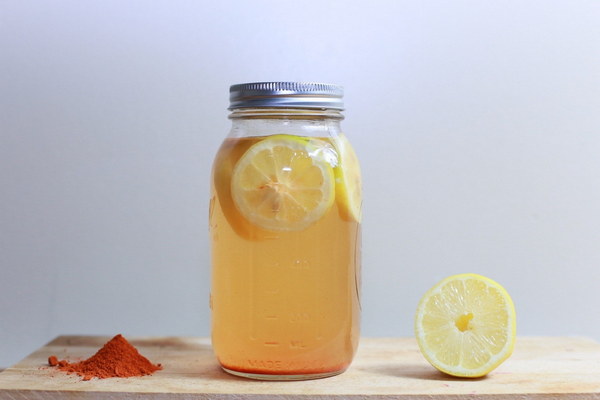Embrace a Balanced Diet to Naturally Drain Internal Dampness
Introduction:
In the realm of traditional Chinese medicine, internal dampness is considered a common cause of various health issues, such as fatigue, bloating, and weight gain. To combat this condition, it is essential to adopt a balanced diet that focuses on eliminating dampness from the body. This article will explore the principles of diet regulation in traditional Chinese medicine and provide a comprehensive guide on how to nourish your body to restore balance and promote overall well-being.
1. Understanding Internal Dampness:
Internal dampness occurs when excess moisture accumulates within the body, leading to various health problems. In TCM, dampness is often linked to poor digestion, excessive water intake, and a diet rich in heavy, damp-forming foods. To eliminate internal dampness, it is crucial to identify and eliminate the root cause of dampness in your diet.
2. Principles of Diet Regulation:
To regulate your diet and combat internal dampness, consider the following principles:
a. Choose foods with a warming effect: Warming foods help to stimulate the digestive system and improve metabolism, thereby promoting the drainage of dampness. Examples include ginger, garlic, and cinnamon.
b. Opt for diuretic foods: Diuretic foods help to eliminate excess moisture from the body, aiding in the drainage of dampness. Examples include watermelon, cucumbers, and green tea.
c. Avoid damp-forming foods: Foods that contribute to the accumulation of dampness should be minimized or eliminated from your diet. These include sugary treats, heavy dairy products, and excessive amounts of cold and raw foods.
3. A Balanced Diet for Dampness Drainage:
a. Breakfast: Start your day with a warming breakfast, such as ginger tea, a bowl of warm porridge, or scrambled eggs with garlic.
b. Lunch: Incorporate diuretic foods into your lunch, such as a cucumber salad, a bowl of quinoa with steamed vegetables, or a watermelon smoothie.
c. Dinner: Opt for a light, warm dinner that focuses on lean proteins, steamed vegetables, and herbs that aid in dampness drainage, such as turmeric, cumin, and coriander.
4. Hydration and Lifestyle:
a. Drink plenty of warm water: Adequate hydration is essential for the elimination of dampness. However, avoid cold beverages and excessive intake of sugary drinks.
b. Exercise regularly: Regular physical activity helps to improve circulation and promote the drainage of dampness. Engage in activities such as walking, yoga, or tai chi.
c. Manage stress: Stress can contribute to the accumulation of dampness in the body. Practice stress-reducing techniques, such as meditation, deep breathing exercises, or spending time in nature.

Conclusion:
Embracing a balanced diet that focuses on eliminating internal dampness can significantly improve your overall health and well-being. By incorporating the principles of diet regulation in traditional Chinese medicine, you can nourish your body and restore balance, leading to a happier, healthier life. Remember to consult with a healthcare professional or a TCM practitioner before making any significant changes to your diet or lifestyle.









